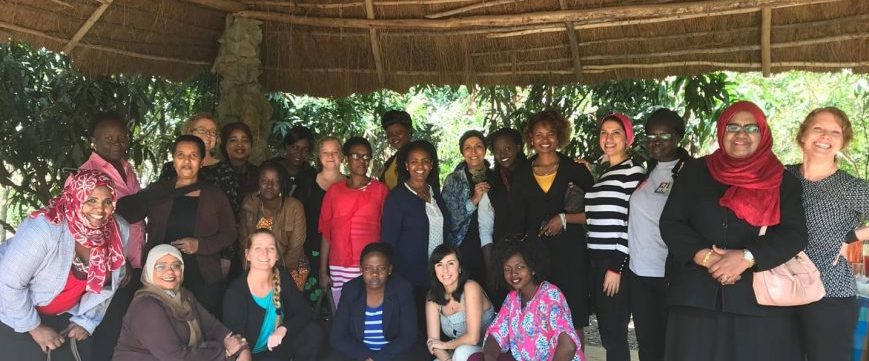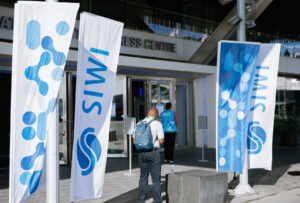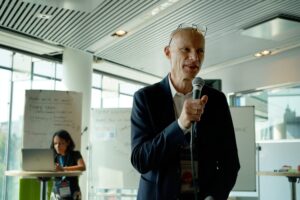Successful network for women in water diplomacy
Not even 10 per cent of negotiators in peace processes are women, something SIWI tries to address in various ways. In this blog post, Alexandra Said reports from a recent training in the Nile Basin with the Women in Water Diplomacy Network.
Women are often underrepresented in transboundary water management, especially at higher levels of decision-making. Though the importance of including women in water management structures are beginning to receive increased recognition internationally, in practice laws and organizations seldom reflect a gendered approach.
Through SIWI’s Shared Waters Partnership, the Transboundary Water Management department has launched a Women and Water Diplomacy Network, inspired by the Swedish Women Mediation Network.
The Women and Water Diplomacy Network consists of women working with transboundary water issues in the Nile basin, either through ministries of foreign affairs, ministries of water/environment or civil society and academia. We have also tried to vary the age of the participants with both younger and more experienced women. The main goal of the network is to connect women across borders and provide capacity-training in areas in which participants have expressed an interest.
The first four-day workshop was held in Uganda in 2017 with 24 participants, who have since stayed in touch through an informal Facebook Group and different webinars.
The second four-day workshop was hosted in Ethiopia in December 2018, with several new participants joining. In a poll we did, participants expressed a need to strengthen their negotiation skills. To accommodate this request, we organized a full-day negotiation role play, to give participants a sense of how real-life negotiations take place, where understanding the needs and context of the other stakeholders make the negotiations more successful.


One of our participants, Dr Adanech Yared from Ethiopia, started her first high-level position around the time we had the workshop, and when I asked her recently if her participation in the workshop had been meaningful for her, she replied “At that time I was beginning a new position at a higher level, and it was the first time I had training about water diplomacy, how to exercise negotiations between countries and so on. Now I’m a NBI Technical Advisor Committee member and representing my country.”
Another, more senior, participant, Ambassador Nadia Gofoun Ahmed from Sudan, reflected “I benefitted a lot from the workshop because it enabled me to meet women with genuine knowledge and concern for water, in Africa and at large, and to connect with reputable institutes dealing with water issues. Besides that, I had the chance to acquire a lot of knowledge about water diplomacy, water laws and water issues in general.”
SIWI plans to continue this network with new workshops and more women water leaders, to encourage women’s participation in high-level decision-making and contribute to a more inclusive world.








